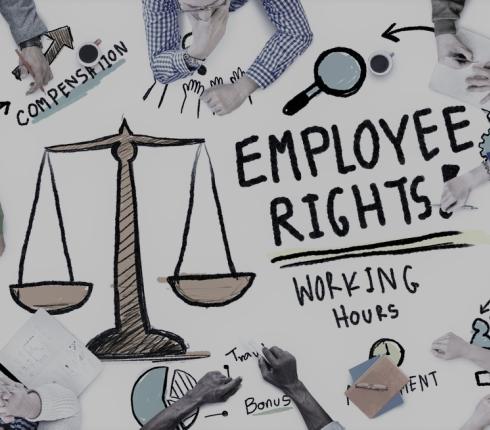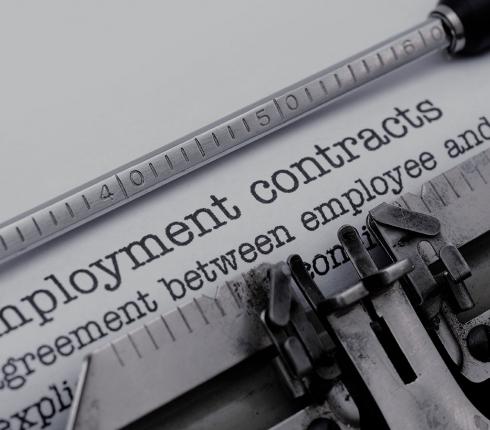NJORD Latvia: What the employer can do during the coronavirus period
As a result of the outbreak of coronavirus, many business sectors are suffering losses, enterprises are forced to temporarily close or limit working hours. However, employment contracts are still on force and salaries must be paid at the same rate. What rights do employers have to reduce their losses?
Of course, in the case where employee agrees, there can be any options - reducing working hours and, respectively, wages, vacation, termination of employment, etc. This mechanism does not raise any special questions, the only thing to remember is that all such agreements must be set out in writing and signed by both parties.
We will consider options if there is no possibility to come to an agreement.
1. Can an employer forcibly send an employee on unpaid leave?
No. Only an employee or, in a particular case, a third party can request unpaid leave in connection with the service in Zemessardzе (voluntary service within National Armed Forces).
2. Can the employer forcibly send the employee on annual paid leave.
In accordance with laws and regulations, an annual paid leave is granted:
- Upon agreement with the employee or
- By the employer or pursuant to a schedule that is drawn up by the employer after consulting with representatives of employees. The wishes of the employees are considered whenever possible.
Thus, according to the general principle, leave time is the responsibility of the employer. If the vacation schedule has not yet been drawn up, then the employer can draw up a schedule by independently determining the vacation period.
The question arises whether the employer can change the already drawn up schedule with which the employees were acquainted. In accordance with Section 150, Paragraph one of the Labor Law, employees must get familiarized with the schedule and its changes, which indirectly implies that the employer can unilaterally make changes to the schedule.
However, as a result of such a change, the employee may suffer losses, for example, in connection with already bought plane tickets and paid hotels (for example, for December 2020), which cannot be cancelled without losses. In this case, a claim on compensation of damages may be presented to the employer.
3. Is it possible to fire an employee?
Yes. But there are no special rules attributed to the emergency. As in a normal situation, an employer can dismiss an employee based on lay-off (staff downsizing). In this case, the employee may be dismissed one month after the notice of dismissal being paid necessary benefits and compensation for unused vacation, if any.
4 . Is it possible to reduce an employee's salary or transfer him/her to a part-time work with a reduction in salary?
This can be done only as follows - as the employer has the possibility to layoff (to downsize staff), then according to Section 98 of the Labour Law, instead of dismissal, the employer may propose amendments to the contract (including temporarily) - to reduce wages or working hours, with a corresponding reduction in wages. However, in this case, the employer must pay the previous salary within a month.
Thus, the employee has an alternative - to be fired after a month, having received benefits, or to remain at work with a reduction in wages, which will take effect one month later.
5. What to do with employees who arrived from countries affected by the coronavirus (pursuant to the list), who, according to the Order of the Cabinet of Ministers, are required to be isolated for 14 days?
In this case, the employee must receive a sick leave according to the Regulations of the Cabinet “Procedure of Issue and Cancellation of Sick Leaves”.
If the employee does not observe voluntary isolation, then he/she may be suspended from work without saving his salary based on Section 58 of the Labour Law due to the danger to the health of others.































